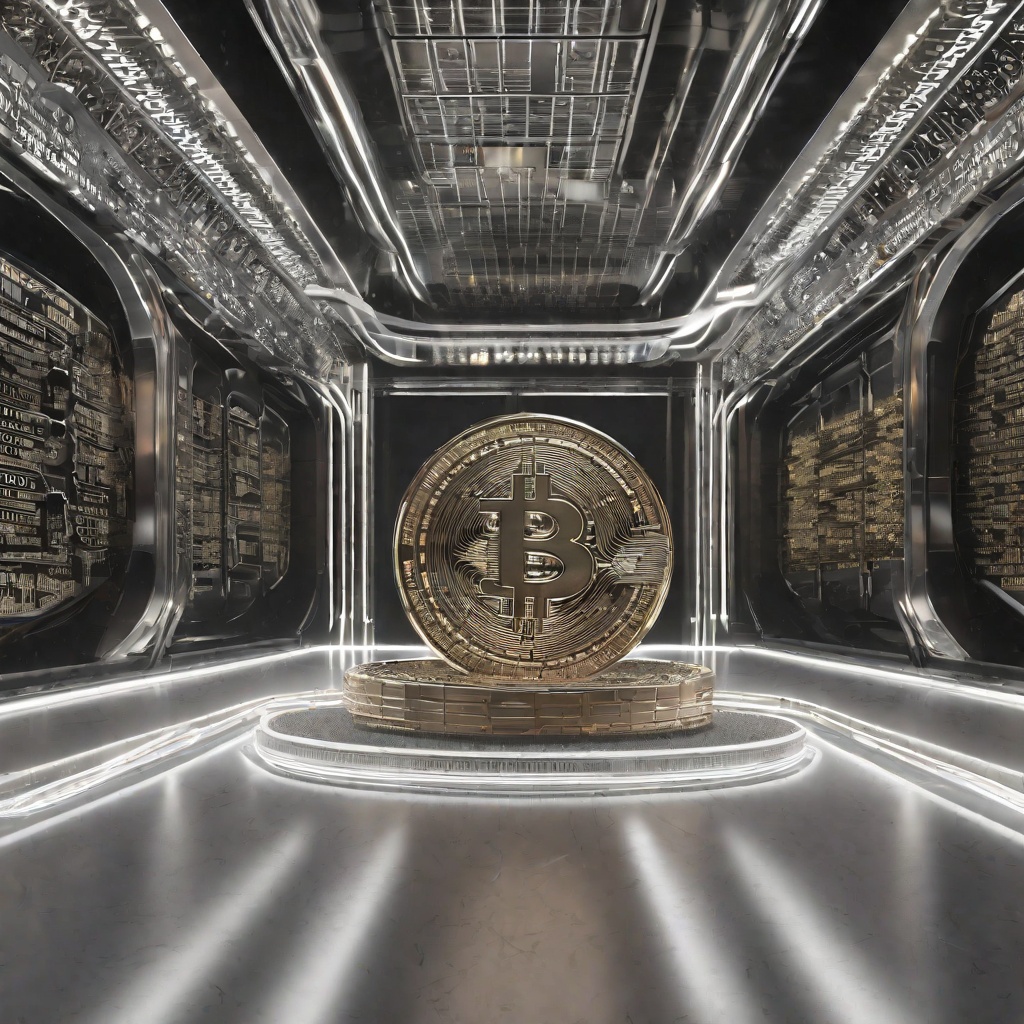How many bitcoin addresses are there per day?
With the rapidly evolving cryptocurrency landscape, it begs the question: just how many new bitcoin addresses are created on a daily basis? The sheer scale of Bitcoin's adoption and usage is remarkable, but it's crucial to understand the dynamics behind the growth of its user base. As new investors, enthusiasts, and merchants flock to this decentralized digital currency, it's imperative to gain insight into the rate at which new addresses are being added to the network. Understanding this metric can provide valuable insights into the health and vitality of the Bitcoin ecosystem. So, how many bitcoin addresses are there per day? This question holds the key to unlocking a deeper understanding of Bitcoin's growth trajectory.

How many bitcoin addresses does magic Eden have?
I'm curious to know, given the prominence and activity of Magic Eden in the crypto space, just how many Bitcoin addresses does the platform possess? This question arises from a desire to understand the extent of Magic Eden's reach and capabilities in terms of cryptocurrency transactions and holdings. As a leading player in the decentralized finance arena, it's intriguing to consider the number of addresses that might be associated with their operations, indicating the scale and complexity of their involvement in the Bitcoin ecosystem.

How do crypto wallet addresses work?
Could you please explain, in a concise manner, the fundamentals of how crypto wallet addresses operate? Specifically, I'm curious about the process of generating these addresses, how they are associated with individual users or wallets, and how they enable the secure transfer of cryptocurrencies. Additionally, I'd like to know if there are any particular standards or protocols that govern the creation and usage of these addresses. Your explanation would be greatly appreciated as I'm new to the world of cryptocurrencies and still trying to grasp the basic concepts.

Should cryptocurrency addresses be blacklisted?
The question arises, "Should cryptocurrency addresses be blacklisted?" Given the anonymous nature of cryptocurrencies, the ability to blacklist specific addresses poses a complex dilemma. On one hand, it could be an effective means to combat fraud, illegal activities, and scams. Blocking suspicious addresses from transactions could potentially safeguard investors and promote the integrity of the digital economy. However, there are concerns over potential misuse of this power, including censorship and the infringement of privacy rights. Balancing these considerations is crucial in determining whether or not to implement such a blacklist system. Furthermore, the feasibility and logistics of maintaining and enforcing a global blacklist across multiple cryptocurrencies are significant challenges that need to be addressed.

How many addresses does a bitcoin wallet have?
In the realm of cryptocurrency and finance, a pertinent question often arises regarding the intricacies of digital wallets. Specifically, when it comes to Bitcoin, many novices and even seasoned investors alike inquire, "How many addresses does a Bitcoin wallet have?" This inquiry delves into the fundamental structure of Bitcoin wallets, which are designed to facilitate secure transactions. Understanding the number of addresses within a wallet can provide insights into the wallet's versatility, security measures, and overall usage. It is thus imperative to delve into this question to gain a comprehensive understanding of Bitcoin wallets and their operational mechanisms.

